If you are considering a career in networking or IT, obtaining a Cisco Certified Network Associate (CCNA) certification is a great start. It is one of the most popular certifications for beginners, and CCNA provides the foundational knowledge and practical skills required to work in networking in the future.
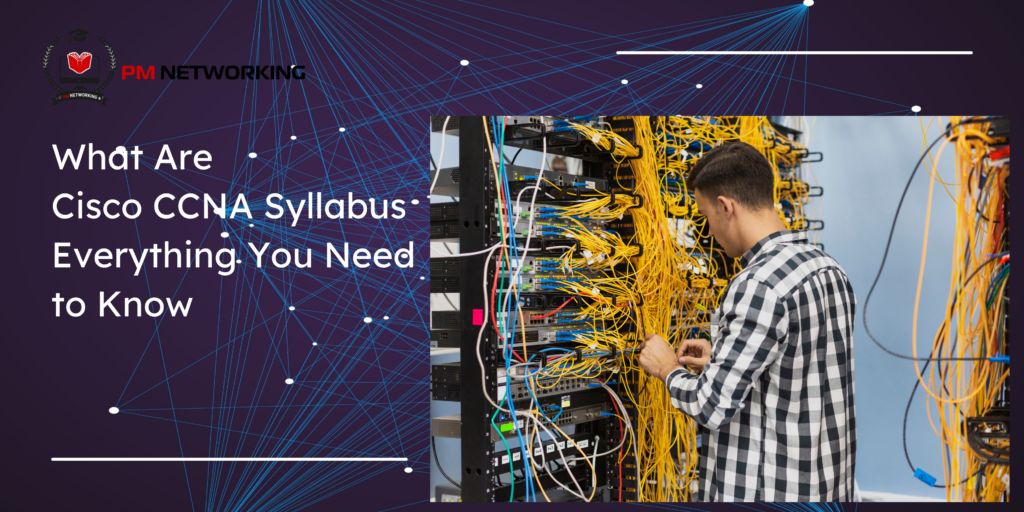
In India, many students and professionals opt for CCNA to start their IT career. However, before starting your journey, you need to examine what is included in the Cisco CCNA syllabus in India, especially after the latest updates in 2025.
What’s New in the 2025 Cisco CCNA Syllabus?
Cisco updates the CCNA syllabus regularly to match with the latest technology trends. In 2025, CCNA changes were significant. There are several new topics such as cloud computing, automation, and artificial intelligence (AI). Additionally, there are older topics that have been removed because they do not get used as often anymore.
This means the syllabus now focuses more on the skills you’ll actually need on the job.
Cisco CCNA Syllabus in India
In India, the Cisco CCNA syllabus is the same as in any other country being a global certification. However, training centers in India typically give additional support for beginners, which includes:
- More lab facilities
- The cost of the course is affordable than in other countries
- Flexible timing for professionals or students
So if you are studying for the CCNA exam in India, you will cover the same topics mentioned above; however, you might get more localized support from training providers.
Topics Covered in the CCNA Exam
The CCNA exam has six main topics. Here’s how much each section counts in the exam:
- Network Fundamentals
- Network Access
- IP Connectivity
- IP Services
- Security Fundamentals
- Automation and Programmability
Let’s look at what you’ll learn in each of these areas.
1. Network Fundamentals
This section covers the basics of how networks work. You’ll learn about:
- Devices like routers, switches, and access points
- Network cables (fiber, copper)
- IP addresses (IPv4 and IPv6)
- Wireless basics (Wi-Fi, SSID, channels)
- Virtualization (using software instead of hardware)
- How data moves through a network
It’s the starting point for anyone new to networking.
2. Network Access
Here, you are going to learn how various devices are connected to one another within a local network. Among the topics discussed are:
- VLANs (used to create separate networks)
- Switch connections
- EtherChannel (joining ports together for speed)
- Spanning Tree Protocol (helps prevent network loops)
- Basics of wireless networks and how access points work
- Ways to manage wireless devices using tools like WLC
3. IP Connectivity
This is one of the most important parts of the syllabus. It teaches how devices find and talk to each other across different networks. You’ll study:
- Routing (how data travels)
- How routers make decisions
- How to set up static routes
- Basics of OSPF (a common routing protocol)
- Redundancy (making sure there’s always a backup connection)
4. IP Services
This section covers useful services that help networks work better. You’ll learn:
- NAT (lets many devices share one public IP)
- DHCP (automatically gives IP addresses)
- DNS (translates website names to IPs)
- NTP (keeps devices in sync)
- Syslog & SNMP (monitor and manage the network)
- How to enable SSH for secure remote access
5. Security Fundamentals
Security is more important than ever. In this section, you’ll understand:
- Common threats and how to protect against them
- How to set strong passwords
- Using ACLs (Access Control Lists) to control access
- Basics of VPNs (secure remote access)
- Layer 2 security like port security and DHCP snooping
- Wireless security (WPA, WPA2, WPA3)
6. Automation and Programmability
Modern networks are automated and software-driven. This part of the syllabus covers:
- What network automation is and why it’s useful
- The difference between traditional and controller-based networking
- Tools like Cisco DNA Center
- APIs and how they help devices talk to each other
- Simple coding concepts using JSON
- Tools like Ansible, Puppet, and Chef for automation
Cisco CCNA 200-301 Exam Overview
| Category | Details |
| Exam Name | Cisco Certified Network Associate (CCNA) |
| Exam Code | 200-301 |
| Certification Level | Associate Level |
| Exam Fee | $300 USD (subject to taxes and local pricing) |
| Test Duration | 120 Minutes (2 Hours) |
| Question Format | Multiple Choice & Multiple Response |
| Number of Questions | Approximately 90 to 110 questions |
| Minimum Passing Score | Typically ranges between 750–850 out of 1000 |
| Languages Available | English and Japanese |
Cisco CCNA Syllabus in India
In India, the Cisco CCNA syllabus is the same as in any other country being a global certification. However, training centers in India typically give additional support for beginners, which includes:
- More lab facilities
- The cost of the course is affordable than in other countries
- Flexible timing for professionals or students
So if you are studying for the CCNA exam in India, you will cover the same topics mentioned above; however, you might get more localized support from training providers.
Final Thoughts
Now you know what the Cisco CCNA syllabus is all about in India, so it’s time to start learning. You don’t have to be a genius to get started, just have an interest in technology and a desire to learn.
Whether you decide to enroll in a course or study on your own, be sure to:
- Use simulators or actual equipment to get hands-on experience.
- Watch videos to understand complex topics
- To test yourself, take practice tests.
With the right effort, you can pass the CCNA exam on your first try and start your networking career with confidence.
Start Your Networking Career with PM Networking!
You’ll get complete support, practical training, and Mentorship to learn about the complete Cisco CCNA syllabus from beginning to end. Whether you’re learning Networking for the first time or upgrading your skills, you’re definitely in the right place!
- Complete CCNA Training
- Practical Labs & Real-World Examples
- Expert Mentorship & Career Support
Enroll Now with PM Networking – Your Future in Networking Starts Today!


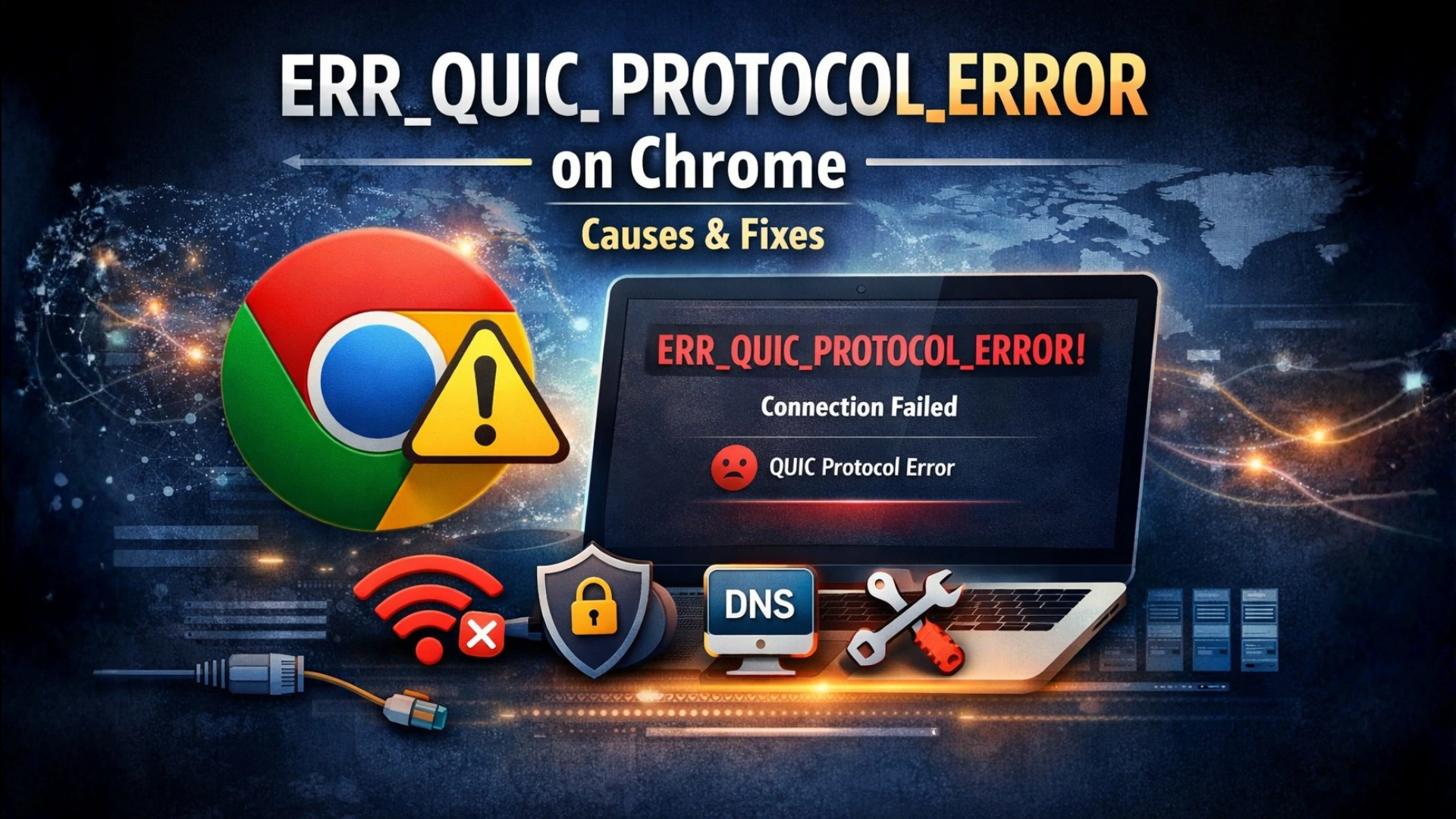
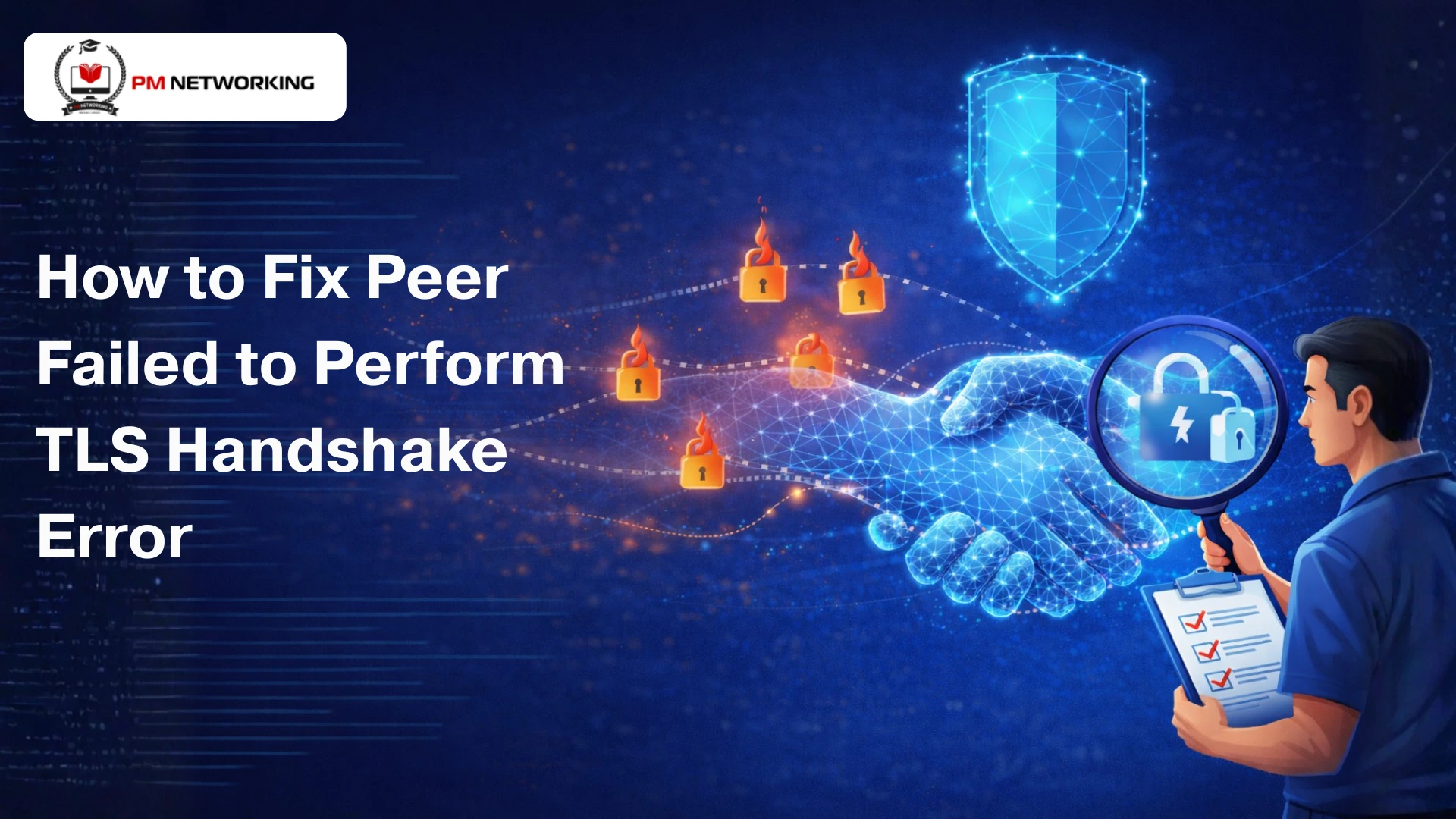
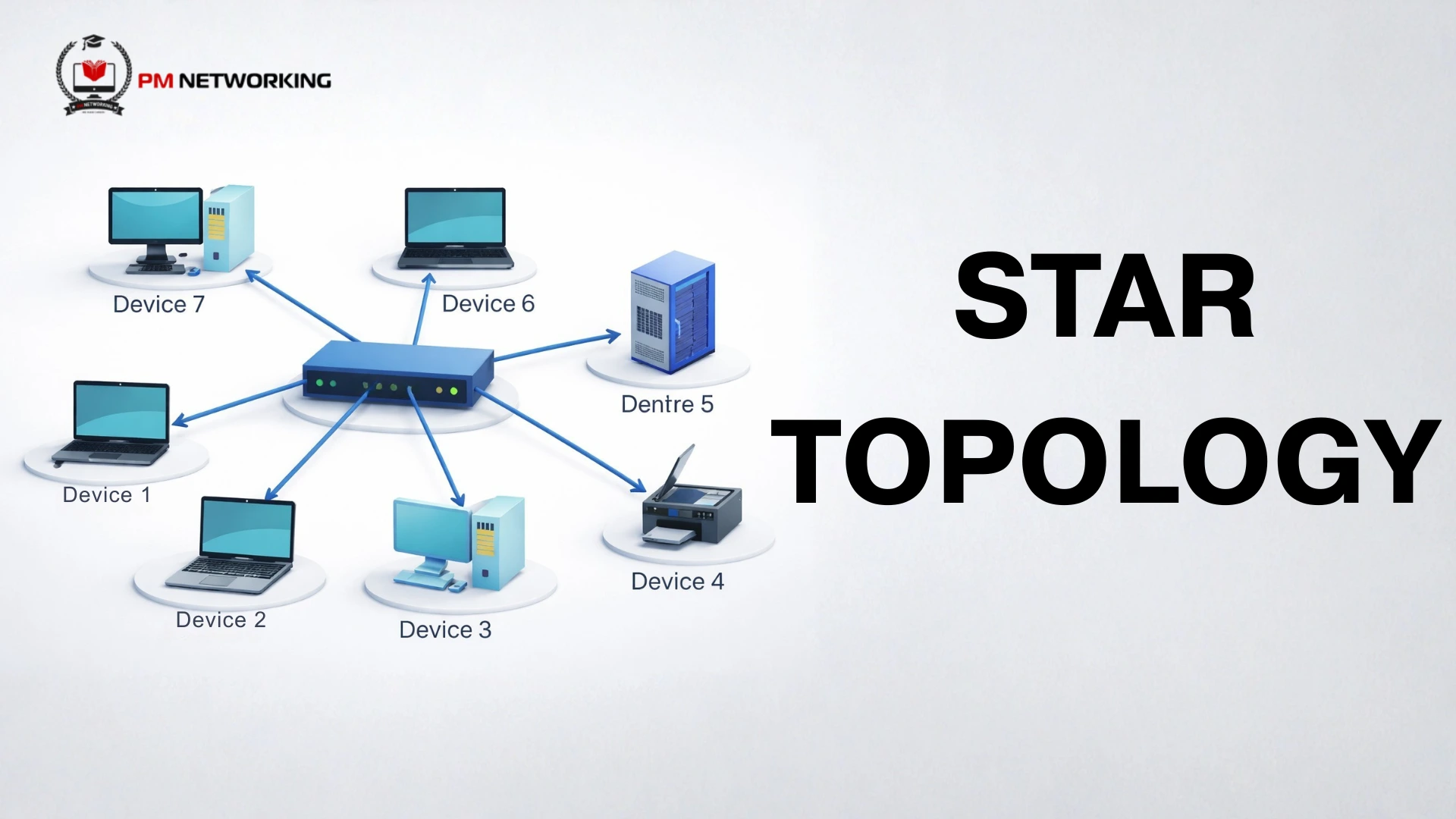
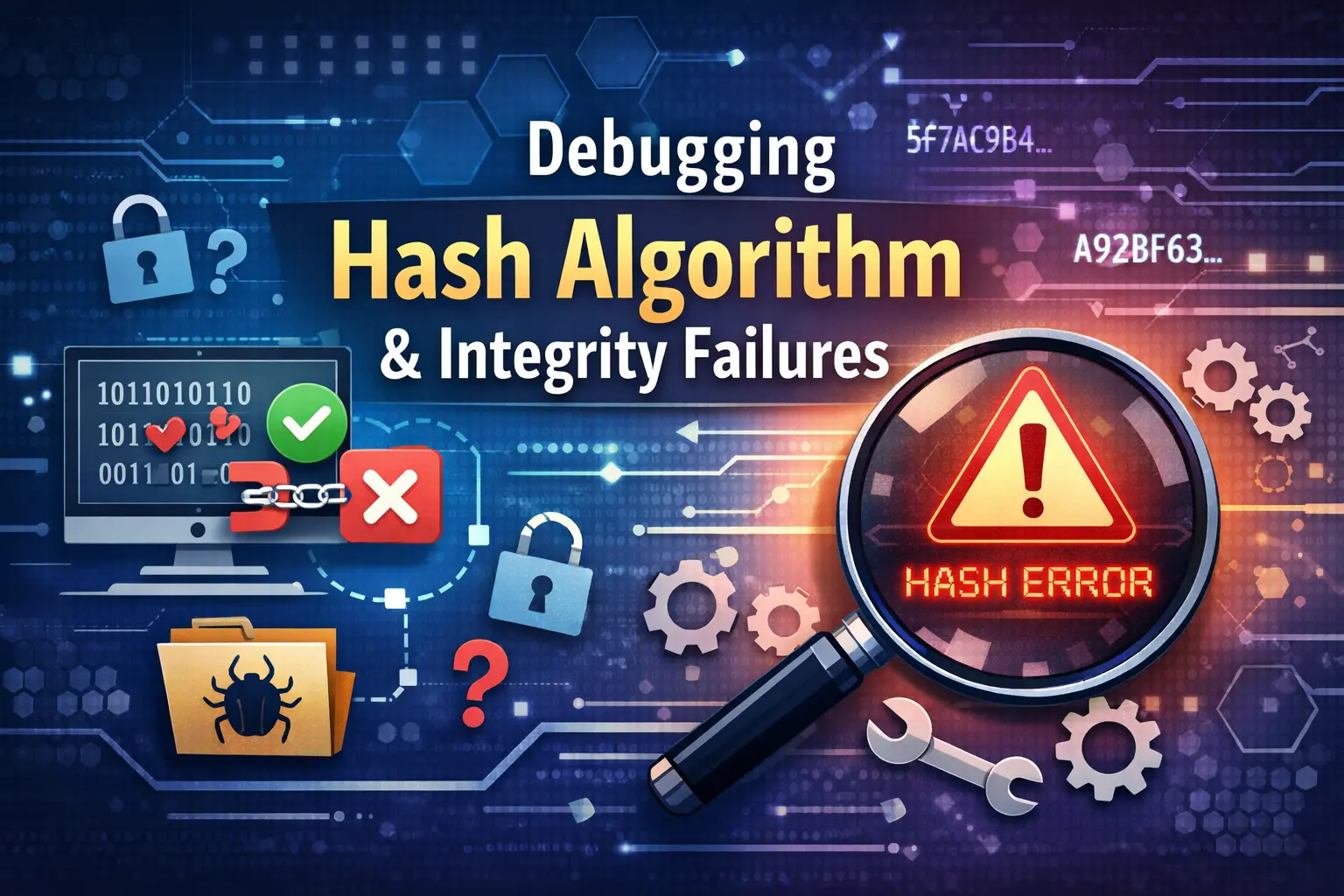

0 Comments